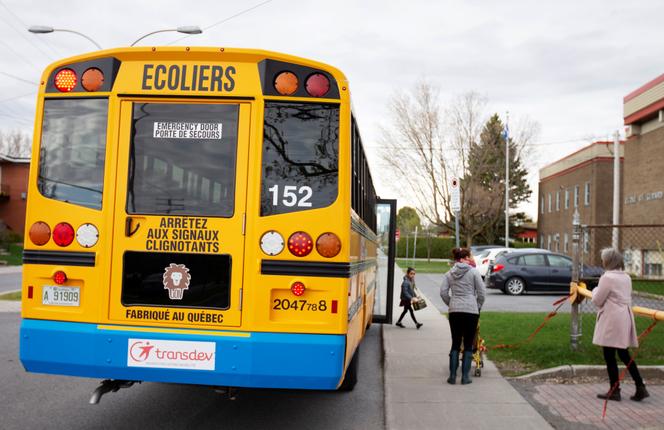


In Quebec, it is common for people to use the informal French pronoun "tu,", even from the very first conversation, which often surprises French people. The informal register is also widely used between teachers and students in schools. However, as part of the plan to "reinforce civility," a new directive from Quebec's government has mandated that students must instead switch to using the formal "vous" when addressing adults, along with the terms "Monsieur" or "Madame."
Schools must incorporate these mandatory changes into their codes of conduct by January 2026 at the latest. And if these rules are broken? Consequences for a student could range from having to write an apology letter, to expulsion, said Education Minister Bernard Drainville, on May 1.
The series of measures announced also included banning the use of mobile phones in schools, from the start to the end of the school day. Currently, they are only banned in classrooms. "We want to create a culture of respect within the school. A culture of civility," said Drainville.
Some teachers have welcomed the change, as have parent committees, but many educators have seen the move to enforce formal language as a challenge to educational institutions' autonomy. French teacher Marie-Betty Desrouillères at Amos High School in Montreal's Nord district was not enthusiastic about it: "For me, the connection is much easier when we use "tu" between teachers and students. We can use "tu" while being very polite and be very disrespectful all while using "vous." I'm not going to start sanctioning them for that!"
You have 48.15% of this article left to read. The rest is for subscribers only.
